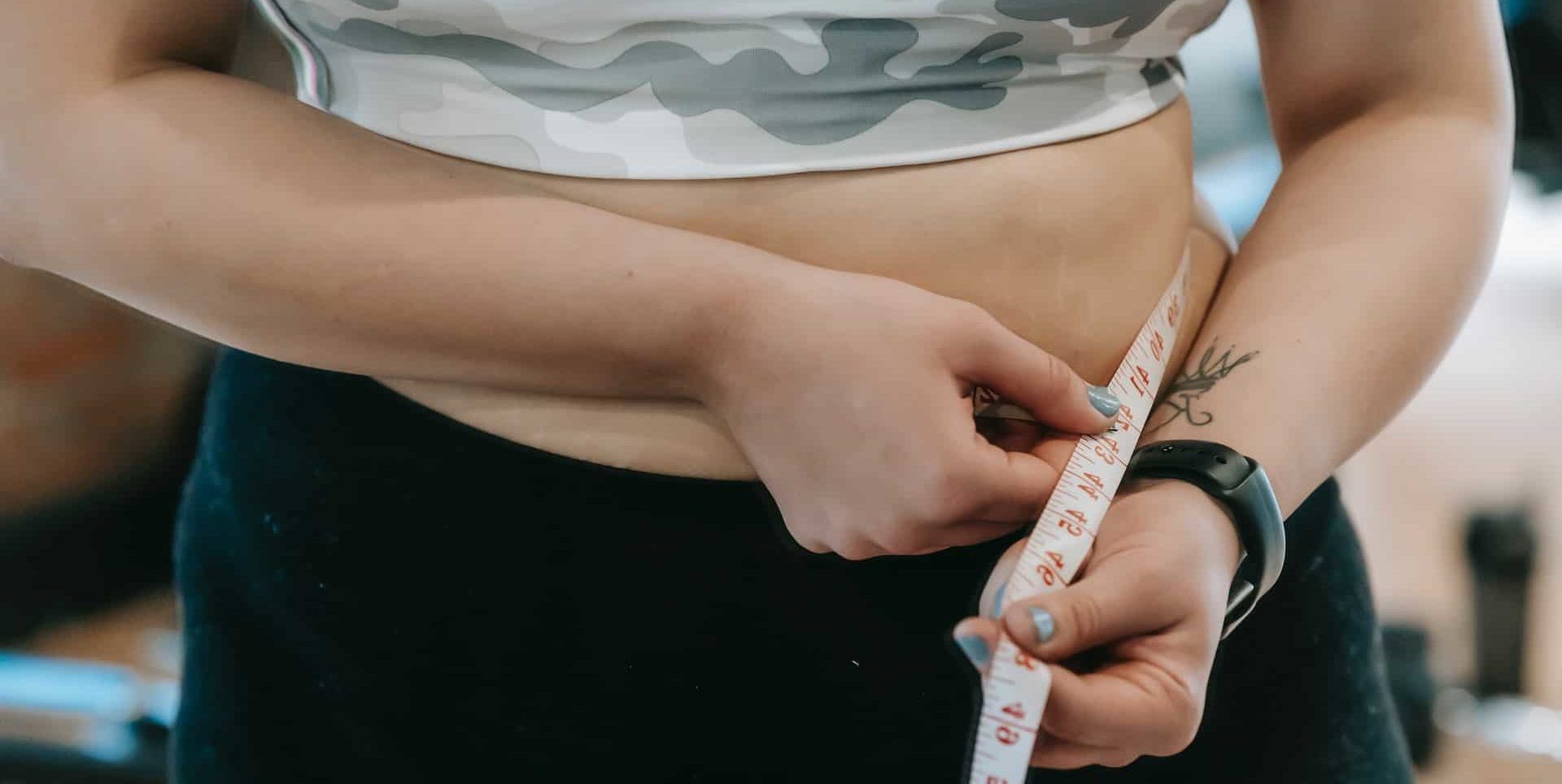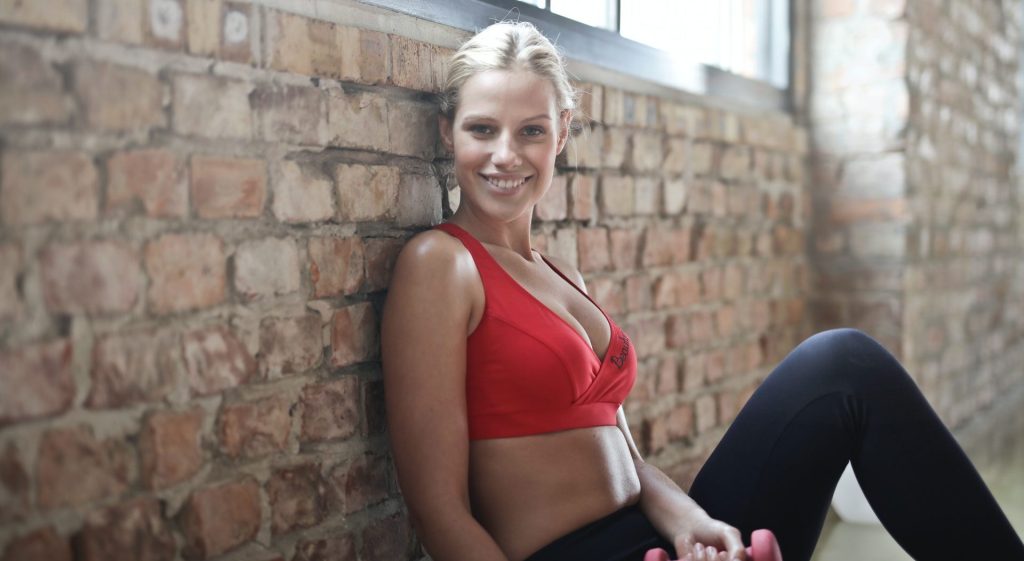If you are considering liposuction, a tummy tuck, or even a mommy makeover to get rid of extra weight and excess fat, you may be surprised to discover that plastic surgery may not be the right step in your journey (yet). To determine if you’re ready for a cosmetic procedure, Dr. Ortiz, a leading board-certified plastic surgeon in Raleigh, is breaking down how BMI and weight can determine if you’re a good candidate for a procedure or if it can affect your results.
Understanding BMI and Weight
First, let’s look at the body mass index, or BMI. This is the standard measure of body fat based on your weight and height, and it’s the most commonly used calculator to determine if someone is a healthy weight or may be at higher risk of health concerns.
- Under 18.5: Underweight
- 18.6 to 24.9: Normal or healthy weight
- 25.0 to 29.9: Overweight
- 30.0 and above: Obese
For example, a woman who is 5’5 and 135 pounds would have a BMI of 22.5, and would be considered a healthy weight. However, a woman who is 5’5 and weighs 185 would equal a BMI of 30.8, and thus she would be considered obese using this measurement.
To determine your BMI, use the BMI calculator from the CDC.
How BMI Impacts Your Plastic Surgery Results
Having a healthy BMI and weight before your plastic surgery can improve your chances for a successful procedure.
Improved Recovery
Often, people who are determined to be obese due to a high BMI have a weakened immune system and chronic inflammation. This can slow down your recovery rate, increase pain and inflammation after surgery, and increase the risk of infection or complications after your procedure.
Getting the Best Results
For people with a higher BMI, liposuction or a tummy tuck won’t help you reach your weight loss goals. Surgery is not a solution to weight loss, instead, it’s an effective way to tone and trim what diet and exercise can’t fix, such as fat deposits, loose skin, and damaged or stretched abdominal muscles.
Becoming a Good Candidate for Plastic Surgery
In order to get the tone, trim physique you dream of, it’s important to focus on a long-term plan that culminates in cosmetic surgery. We recommend the following steps:
- Setting a healthy goal weight that would calculate below a 30 BMI.
- Create a meal plan rich in fruits, vegetables, whole grains, and lean proteins.
- Exercising regularly and at a sustainable pace, such as walking daily and doing 20 minutes of cardiovascular exercise three to four days a week.
- Set a pace of losing one to two pounds per week.
Before starting any diet or exercise regimen, we always recommend discussing it with your general practitioner or family doctor. If traditional weight loss is not the right step for you, they may refer you to a physician to discuss bariatric surgery.
Once you’ve reached your goal weight and have maintained it, you’ll have a better idea of what goals you have for cosmetic surgery procedures and how we can help you achieve them. This may include a tummy tuck to repair damaged muscles and stretched skin, or you may even consider a body lift after extreme weight loss.
Schedule a Consultation with Dr. Ortiz Today
While BMI and weight are guidelines for cosmetic surgery candidates, there are multiple factors that determine whether it’s right for you. To learn how cosmetic surgery can help you achieve your goals and determine if you’re a good candidate, reach out to our North Raleigh plastic surgery center today at (919) 532-2270 or fill out our contact form below to get started.







